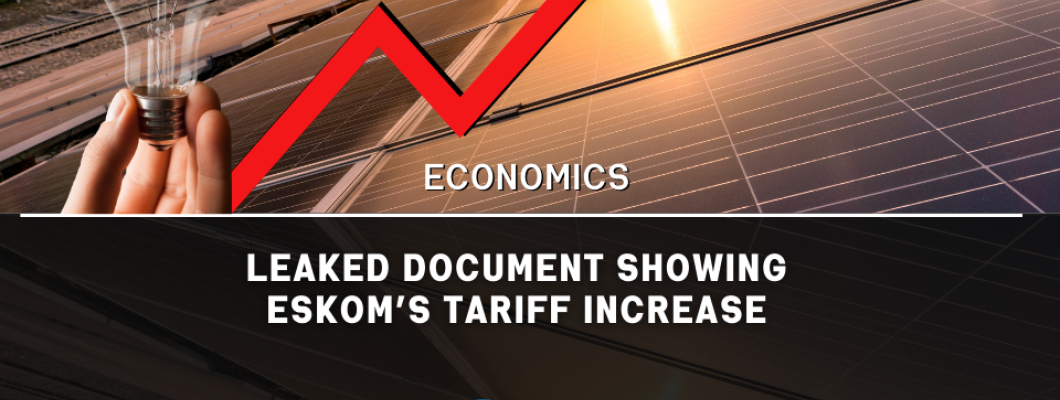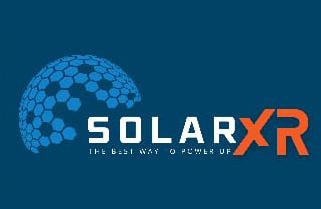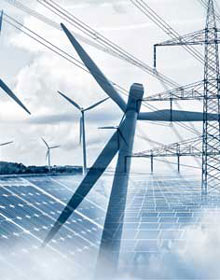
Cape Town, South Africa – The Democratic Alliance (DA) has formally requested the Speaker of the National Assembly, Thoko Didiza, to organize a parliamentary debate addressing the escalating electricity tariffs that have become an alarming burden for many South African households. This call to action highlights the urgency of the situation as the rising cost of electricity continues to strain the financial capabilities of ordinary citizens, pushing many towards energy poverty.
The National Energy Regulator of South Africa (NERSA) recently approved Eskom's application to retrospectively recover R8 billion through its Regulatory Clearing Account for the 2021/2022 financial year. This decision, translating to a 4% tariff increase in 2025, is compounded by Eskom's application for a further 36.15% tariff increase in the same year. If approved, these increases will render electricity unaffordable for many households and exacerbate energy poverty to levels not witnessed since the dawn of democracy in South Africa.
A leaked document detailing Eskom’s tariff increase application to NERSA for the next three financial years reveals staggering above-inflation and double-digit increases. Specifically, Eskom is seeking tariff hikes of 36.15% for 2025/2026, 11.81% for 2026/2027, and 9.1% for 2027/2028. According to the South African Reserve Bank, between 2007 and 2022, Eskom’s tariffs surged by 450%, while inflation rose by only 129% in the same period. This disparity indicates that electricity tariffs have effectively quadrupled in real terms over the past 14 years, creating a crisis where the cost of living is significantly impacted by the cost of electricity.
The impact of these increases is profound. For many South Africans, the relief from load shedding has been overshadowed by the financial nightmare of exorbitant electricity bills. The double-digit tariff increases granted to Eskom in recent years have forced households to make impossible choices between essential needs, such as food, and maintaining electricity. This untenable situation underscores the need for an urgent and comprehensive review of the electricity pricing model, as recently announced by the Ministry of Energy and Electricity. However, the depth of the crisis necessitates swift and decisive government action.
Critics have long argued that Eskom’s monopoly has led to inefficiency, with the cost of this inefficiency being unfairly passed on to consumers. The current electricity pricing policy appears to reward Eskom's inefficiency while neglecting consumer affordability. This imbalance underscores the need for a more equitable approach to setting electricity tariffs that considers the financial realities of South African households.

In light of the escalating electricity tariffs, investing in solar energy presents a compelling alternative. Solar energy, harnessed from the abundant sunlight available in South Africa, offers a sustainable and cost-effective solution to the nation’s electricity woes. Unlike traditional electricity, solar power systems generate electricity at a fixed cost, insulating consumers from the volatile price hikes associated with Eskom’s tariffs. Over time, the initial investment in solar panels and related infrastructure can lead to significant cost savings, providing a buffer against ever-increasing electricity costs.
Furthermore, solar energy contributes to environmental sustainability by reducing reliance on fossil fuels, which are a major source of greenhouse gas emissions. By investing in solar energy, South Africa can not only mitigate the financial burden on households but also make significant strides towards reducing its carbon footprint and combating climate change. Additionally, the solar industry has the potential to create numerous jobs, stimulating economic growth and providing opportunities in a sector poised for expansion.
The DA’s call for a parliamentary debate on the rising electricity tariffs is a crucial step towards addressing the pressing issue of energy affordability. By exploring and investing in alternative energy sources like solar power, South Africa can pave the way for a more sustainable and economically viable future. The government must act with urgency to implement policies that balance the need for a reliable electricity supply with the imperative of affordability for all citizens.


Leave a Comment